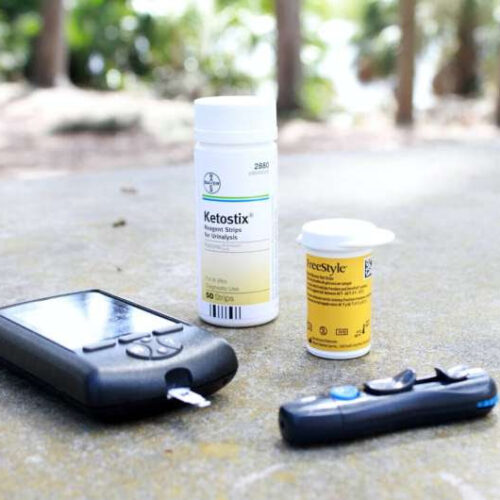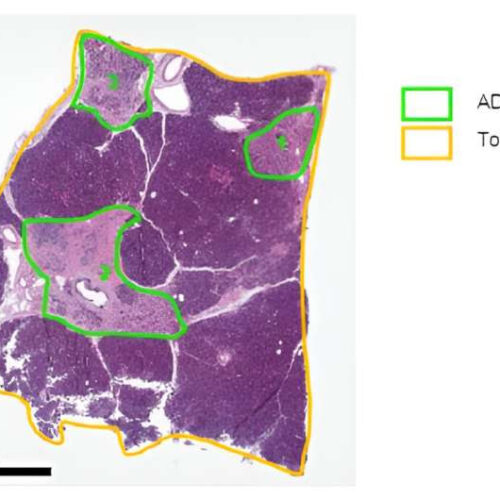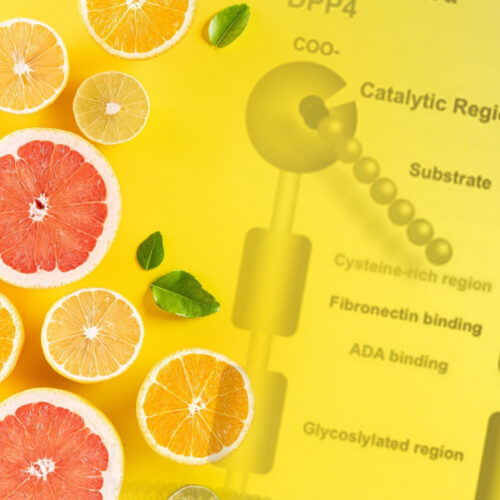By Michael Irving Scientists have identified an enzyme that plays a key role in developing insulin resistance, and may lead to new treatment options Depositphotos Scientists have discovered a new mechanism for how type 2 diabetes takes hold, and demonstrated in mice that blocking a particular enzyme could open a new avenue of treatment for the...
Category: <span>Diabetes</span>
World-first human trial finds arthritis drug can suppress progression of type 1 diabetes
by St Vincent’s Institute of Medical Research Credit: CC0 Public Domain Researchers at St Vincent’s Institute of Medical Research (SVI) in Melbourne have shown that a commonly prescribed rheumatoid arthritis drug can suppress the progression of type 1 diabetes. The world-first human trial, published in the New England Journal of Medicine and led by SVI’s Professor...
Insulin injections could one day be replaced with rock music, research in mice suggests
by Bill Sullivan, The Conversation Credit: Pixabay/CC0 Public Domain More than 37 million people in the U.S. have diabetes. According to the American Diabetes Association, 8.4 million Americans needed to take insulin in 2022 to lower their blood sugar. Insulin, however, is tricky to deliver into the body orally because it is a protein easily destroyed...
Gene finding provides new insights into pancreas development and helps search for type 1 diabetes cure
by University of Exeter Credit: Unsplash/CC0 Public Domain Understanding how the human pancreas develops is crucial to allow scientists to make insulin producing–beta cells in the quest to cure type 1 diabetes. Now, scientists have made a unique and surprising discovery—a gene that is essential for making the pancreas in humans is not present in almost...
Trailblazing Discoveries: The Top 5 Diabetes Research Breakthroughs of 2023
Introduction By 2050, it is estimated that over 1.31 billion individuals worldwide may have diabetes, a disease linked to substantial morbidity, mortality, and comorbidities. The Lancet has reported that the increase in prevalence, up from 529 million in 2021, is predominantly due to the surge of type 2 diabetes, which is influenced by factors such...
Bionic Advancements: The Next Generation of Insulin Delivery Devices
By Jenna Philpott, BScReviewed by Lily Ramsey, LLM Significant advancements in diabetes management have marked the evolution of insulin delivery methods. Insulin was initially administered through injections, often leading to inconsistent blood glucose level control. The introduction of insulin pens made self-administration more accessible and less painful. Further breakthroughs came with insulin pumps, allowing continuous...
Relieving stress in insulin-producing cells protects against type 1 diabetes
by Chris Barncard, University of Wisconsin-Madison Graphical abstract. Credit: Cell Metabolism (2023). DOI: 10.1016/j.cmet.2023.10.014 Removing a gene that manages stress within insulin-producing beta cells draws helpful attention from the immune system, protecting mice predisposed to type 1 diabetes from developing the disease, a new University of Wisconsin–Madison study shows. The study also found that changes discovered...
Real-Time CGM Plus Insulin Pump Best for Type 1 Diabetes
Miriam E. Tucker Youth with type 1 diabetes who use real-time continuous glucose monitoring (rtCGM) and an insulin pump spend more time in target glucose range than those using intermittently scanned CGM (isCGM) and/or multiple daily insulin injections, new data show. In the multinational cohort study of more than 4500 people younger than age 21...
Pancreas ‘crosstalk’ may influence course of type 1 and type 2 diabetes
by Bill Snyder, Vanderbilt University Method for quantification of ADM lobules. ADM-positive lobules (outlined in green) were tallied per section. Total pancreatic tissue (orange) was outlined manually and quantified. ADM score was determined by dividing the total number of ADM-positive lobules (across head, body, and tail regions) by the total tissue area. Scale bar = 2mm....
Citrus compounds show zesty promise in type 2 diabetes management
By Dr. Sanchari Sinha Dutta, Ph.D.Nov 2 2023 Study: A systematic review exploring the mechanisms by which citrus bioflavonoid supplementation benefits blood glucose levels and metabolic complications in type 2 diabetes mellitus. Image Credit: siam.pukkato / ShutterstockStudy: A systematic review exploring the mechanisms by which citrus bioflavonoid supplementation benefits blood glucose levels and metabolic complications...






